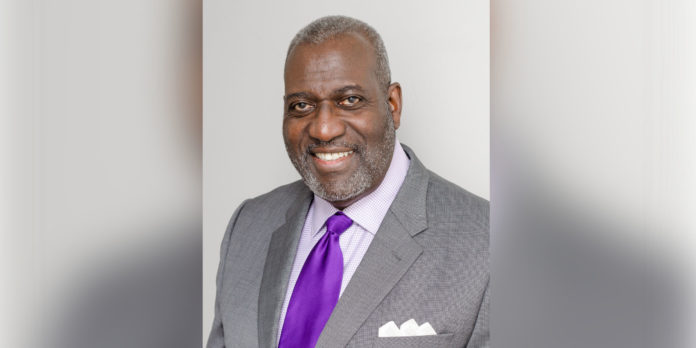By Jayla Moody
Mercer University alumnus James Norman, MSW, retired this year after 25 years as president and CEO of Action for a Better Community (ABC). ABC is a Rochester, New York-based community action agency committed to reducing poverty by providing opportunities for low-income individuals and families.
Norman was a trailblazer at Mercer in a number of ways. He was one of a few African-American students at the University when he enrolled in the College of Liberal Arts in 1966, and his life’s work reflected Mercer’s “Research that Reaches Out” ethos decades before the mantra was featured on banners and windows across the University.
Norman majored in psychology and minored in French at Mercer. Before graduating in 1970, he participated in the university choir, the Student Government Association and numerous community service projects.
“Because of Mercer’s mission orientation, I learned how to connect my learning tools to help improve the community,” Norman said. “Majoring in psychology and having a concern about people and issues of inequality, I was able to reinforce a lot of the ideas I had for what I should do in life.”
Norman said Mercer gave him a well-rounded liberal arts education that prepared him for graduate school. He attended Western Michigan from 1970-1972 and earned a Master of Social Work degree with a concentration in policy, planning and administration.
“An education is not just for you to have; it’s what you’re going to do with it,” he said.
Under Norman’s leadership, ABC expanded services and developed new initiatives to address the needs of low-income individuals and families in Monroe and Ontario counties. Services include Head Start, outpatient substance counseling, AIDS/HIV outreach and education, workforce development, community development, youth violence prevention, youth and adult mentoring, and home weatherization. When Norman retired, ABC employed more than 375 staff and had an annual budget of $25 million.
Though Norman retired from ABC in February, his work was so intertwined with the community that he remains involved in Rochester poverty reduction efforts and initiatives.
He currently serves on the board of Lifetime Care, a home healthcare and hospice center, and Gateway Music Festival. He is also an adjunct coach at a local Rochester leadership coaching organization while teaching sociology and social change at Monroe Community College.
He also works with the United Way’s Rochester-Monroe Anti-Poverty Initiative and is on the organization’s Governor’s Committee and the Executive Committee. The goal of the Rochester-Monroe Anti-Poverty Initiative is to reduce poverty in Rochester by 50 percent over the next 15 years.
While Norman was at Mercer, his career goals weren’t crystal clear. He had taken psychology in high school, and the course stood out to him.
“I thought about a career doing counseling or social work,” he said.
During graduate school, he worked with different groups in a mental hospital and realized that his goals were different from those the hospital’s administration was trying to accomplish.
“That’s when I made up my mind that I wanted to work in the nonprofit sector at the leadership level,” he said.
Norman has been a consultant, speaker and workshop panelist at national and state conferences on topics such as Results Oriented Management and Accountability (ROMA), advocacy, structural inequality, poverty trends, community action history, economic security, and not-for-profit governance. In 2013, he authored a chapter on “Structural Inequality” for the book, The State of Black Rochester 2013: Education + Equity = Employment, published by the Rochester Community Area Foundation.
Norman’s purpose has always been promoting equity and helping to reduce inequalities. His current mission is working to build the bridge between employers and people from impoverished communities.
“From the time I was at Mercer though graduate school, I have always been interested in breaking down social problems, poverty and why some of these problems exist,” he said. “I want to promote equity so that everyone can reach their full potential.”










